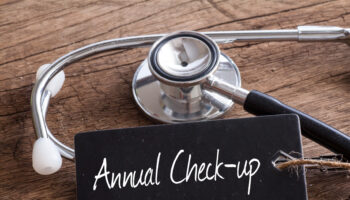By: Barbara Bredell-Searle
Did you know:
Not getting enough sleep each night could cause you to be in a car accident.
According to The Center for Disease Control’s (CDC) research, it has been reported that 1 in 25 people have fallen asleep at the wheel while driving. People who have slept fewer than 6 hours were most likely to fall asleep while driving a vehicle. The research that was conducted in 2018 stated that people who slept six or fewer than four hours had a risk of causing a car accident that was 1.3, 1.9, 2.9 and 15.1 times higher respectively. The study determined that your risk of having a car accident increases significantly with each hour there is a loss of sleep.
Did you know:
Staying awake for 17 hours or more can impair your brain as much as being intoxicated by alcohol.
The CDC reports that staying awake for more than 17 hours is comparable to having a blood alcohol content (BAC) of 0.05%. After 24 hours this increases to 0.10%, which is over the legal driving limit.
“Note that the United States defines legal intoxication for purposes of driving as a BAC of 0.08% or greater. However, driving impairments are seen at BAC of 0.05%, and some countries use a cutoff of 0.05% or lower for driving purposes.” CDC
After I read the CDC information regarding what happens to us when there is lack of sleep, I wanted to know what tips are out there to ensure that I get enough sleep each night to keep myself and others safe. Below are tips from the Sleep Foundation who works under the premise that sleep is a pillar of health and that quality information about sleep promotes overall wellness.
- Establish a realistic bedtime and stick to it every night, even on the weekends.
- Maintain comfortable temperature settings and low light levels in your bedroom.
- Keep a comfortable environment by ensuring you have the best mattress, best pillows and best sheets for your sleep preferences and body type.
- Consider a “screen ban” on televisions, computers and tablets, cell phones and other devices in your bedroom.
- Abstain from caffeine, alcohol, and large meals in the hours leading up to bedtime.
- Refrain from using tobacco at any time of day or night.
- Exercise during the day, this can help you wind down in the evening and prepare for sleep.
Hopefully, if you are one of the one in twenty-five people who sleeps less than six hours a day this information will “wake” you up to understand the importance of getting those Z’s. Sleep is very important to use to function and care for ourselves.
Reference/Resource:
Centers for Disease Control and Prevention (CDC) – Are You Getting Enough Sleep?




